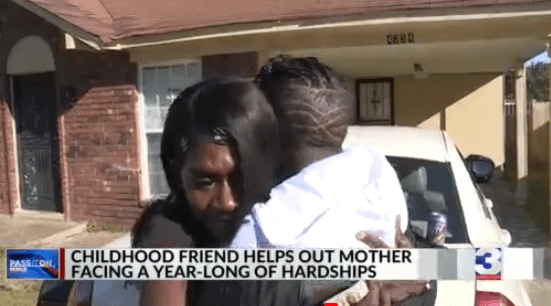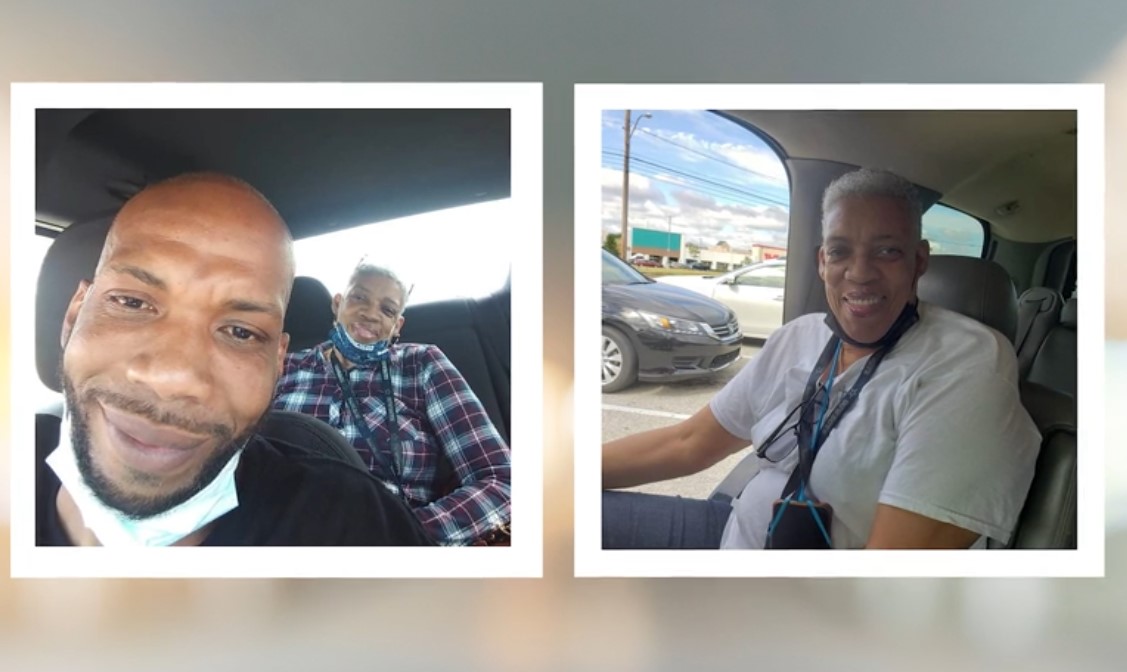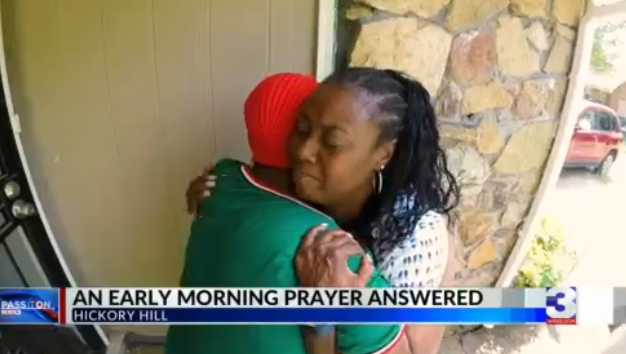MEMPHIS, Tenn. — An employee at Amazon’s delivery station in Memphis tested positive for the coronavirus.
The employee was last at work on March 21 and received medical care after testing positive for the virus, the company told WREG in a statement. They are currently being quarantined.
Employees at the site were told about the positive test and anyone who was in close contact with the individual were told to go home and self quarantine for two weeks.
All of those employees, including the one who tested positive for the virus, will receive two weeks pay.
Amazon implemented new health measures at the site, including social distancing practices. They have also changed their attendance policy and now require anyone feeling sick to stay at home.
Other facilities hit with cases
At least 11 of Amazon’s facilities have been hit so far, according to Amazon and local media reports.
One person who works in Amazon’s Staten Island, New York, fulfillment center tested positive for the novel coronavirus, the online retail giant told CNN Business late Tuesday. The person, who was last at work physically on March 11, is in quarantine and recovering, Amazon said.
That case marks the second to affect Amazon warehouses in New York. It comes a week after the first reported case at any US Amazon facility, in Queens, NY. The company also confirmed a case at a facility in Joliet, Ill. and at an Edison, NJ facility Wednesday. Other positive cases have been reported at Amazon facilities in Moreno Valley, Calif.; Jacksonville, Fla.; Shepherdsville, Ky.; Brownstown, Mich.; Oklahoma City, Okla.; Katy, Texas; and Wallingford, Conn.
Amazon has temporarily closed some sites, such as the Queens location, but has largely refrained from mass closures. The company told CNN that it is taking “extreme measures to ensure the safety of employees at our site[s].”
That includes regularly sanitizing door handles, elevator buttons, lockers and touch screens, Amazon said, as well as staggering shifts and spreading out chairs in break rooms.
The spread of the virus within Amazon’s massive logistics operation may only add to the anxiety among workers who previously told CNN Business they felt Amazon should be doing more to protect the hundreds of thousands in its warehouse facilities across the US.
The additional cases also threaten to disrupt shipments and delay deliveries even as millions of Americans are becoming more reliant on the service as they are told to leave their homes as little as possible. The company is already warning visitors to its website of longer delivery times, and encouraging customers to select no-rush shipping if their needs are not urgent.
A CNN Business review of Amazon’s website Wednesday morning showed delivery dates in mid-April for Amazon’s white-label toilet paper. Digital thermometers, the site said, could be delivered by early May.
Amazon is witnessing spikes in demand that are comparable to the surge surrounding peak holiday periods such as Black Friday, Jay Carney, Amazon’s senior vice president of global corporate affairs, told CNN’s Poppy Harlow in an interview last week. In response, the company is ramping up hiring.
“We’re boosting employment by 100,000 in the way that we do for seasonal periods like the holiday, when we need extra workers,” Carney said.
Before the dramatic rise in confirmed cases across the United States, Amazon represented a whopping 39% of the e-commerce industry, according to research firm eMarketer. Now that figure could rise even higher as Americans stop visiting brick-and-mortar stores.
That’s put increasing strain on Amazon workers themselves, some of whom have accused the company of “recklessly endangering” employees by not granting them paid time off. Earlier this week, Chicago-area warehouse workers said they successfully petitioned for paid time off, in a policy update affecting part-time and seasonal Amazon workers nationwide, but are still fighting to have that leave count separately from sick leave.
One worker at the Staten Island facility told CNN Business Wednesday morning that despite confirming the positive case to the media, Amazon had not notified workers at the site through email, text message, call or update in the company’s employee app — pointing to a lack of internal transparency.
“I realize we’re all in uncharted territory but yes, I would have appreciated learning about the infected person from Amazon’s HR Dept. and not from Reddit or Vice,” the worker said.
An Amazon spokesperson told CNN Business, “We communicated to the employees verbally in socially distanced small group meetings.” The spokesperson has not yet responded to a follow-up question about how the company had communicated with employees who’d yet to come in for their next shift.
Workers previously told CNN Business that Amazon’s social distancing policies are unrealistic in warehouses, where tight conditions in locker areas force employees to “walk sideways” to pass one another.
Rina Cummings, a worker at the Staten Island facility, told CNN Business she felt a lack of control about the situation, saying few are washing their hands and that “nobody is really coming around to ask people if they’re OK, if they’re feeling sick. I feel like they’re not as proactive as they should be.”
This month, Amazon said all employees placed in quarantine would receive two weeks’ pay, and that Amazon contractors who tested positive for the virus could apply for up to two weeks’ pay from a $25 million relief fund the company has established.
In an internal memo posted to Amazon’s corporate blog dated Saturday, CEO Jeff Bezos said the company has placed orders for “millions of face masks” meant for employees and contractors.
“Masks remain in short supply globally and are at this point being directed by governments to the highest-need facilities like hospitals and clinics,” he said. “When our turn for masks comes, our first priority will be getting them in the hands of our employees and partners working to get essential products to people.”
For now that means Amazon warehouse workers and delivery people remain some of the most exposed, working on the front lines of the crisis in hopes of earning a paycheck and ensuring households can continue to get soap and paper towels delivered to their door.























